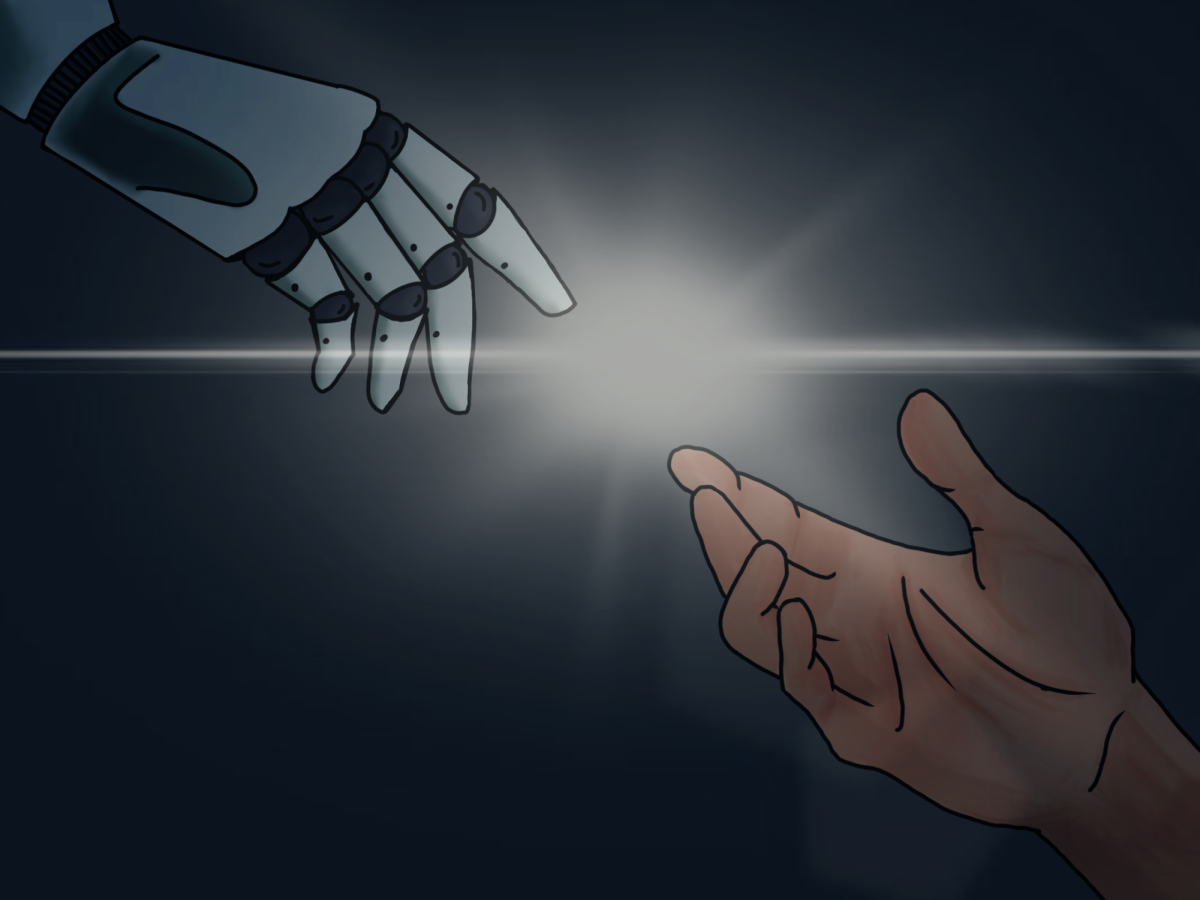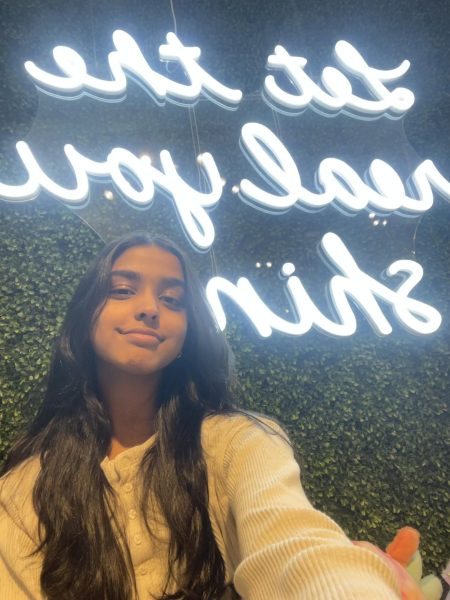Far away, in a small village in India, a farmer checks his phone. An AI-powered app had analyzed satellite data and helped him predict the best day to plant his crops, helping a village girl solve her hunger. An even greater distance away, a radiologist uses artificial intelligence to predict the oncoming signs of cancer that are invisible to the human eye. These aren’t sci-fi films—they’re happening in real time, and right now.
Artificial intelligence will, quite dramatically, transform every walk of life. Some find it infectious to human creativity, but it can also be described as a way to reform the future. Studies show that AI is the key to increased efficiency and minimizing human error. These advantages can cause a surge in fields like medicine, automation, space exploration, and many others. Take IBM, for instance. A company that crafted the first hard drive, programmable computer, and computer virus claims, “Artificial intelligence in medicine is the use of machine learning models to help process medical data and give medical professionals important insights, improving health outcomes and patient experiences.” Now you can almost imagine your next doctor’s monthly check-up to be less than 45 minutes. Efficient, right? Imagine this level of expertise in every echelon of our lives. With this technology, human life can be reframed as almost picture-perfect.
However, this ideal can only be accomplished if artificial intelligence is held at a certain level. The price of a picture-perfect frame requires a balance between accuracy and creativity. This creativity is a concept even the most intellectual robot cannot grasp: the pursuit of imagination and human emotion. While artificial intelligence may assist with innovations, it is the human mind that should control it and continue to strive for solutions. After all, AI can be perceived as a disruptive force by replacing jobs in some fields, causing less innovation and more repetitive creations. If the integration of artificial intelligence spreads like wildfire and becomes a weapon, then that picture-perfect ideal is burnt out of reality.
To put it simply, artificial intelligence will undoubtedly change the course of the lives of many, from decreasing crime rates to helping with your shopping list. When used in moderation, AI can be a boon for humanity. On the flip side, abusing AI only causes further problems. This isn’t meant to alarm you; it’s a fact, and it’s all happening in real time, and right now.







































